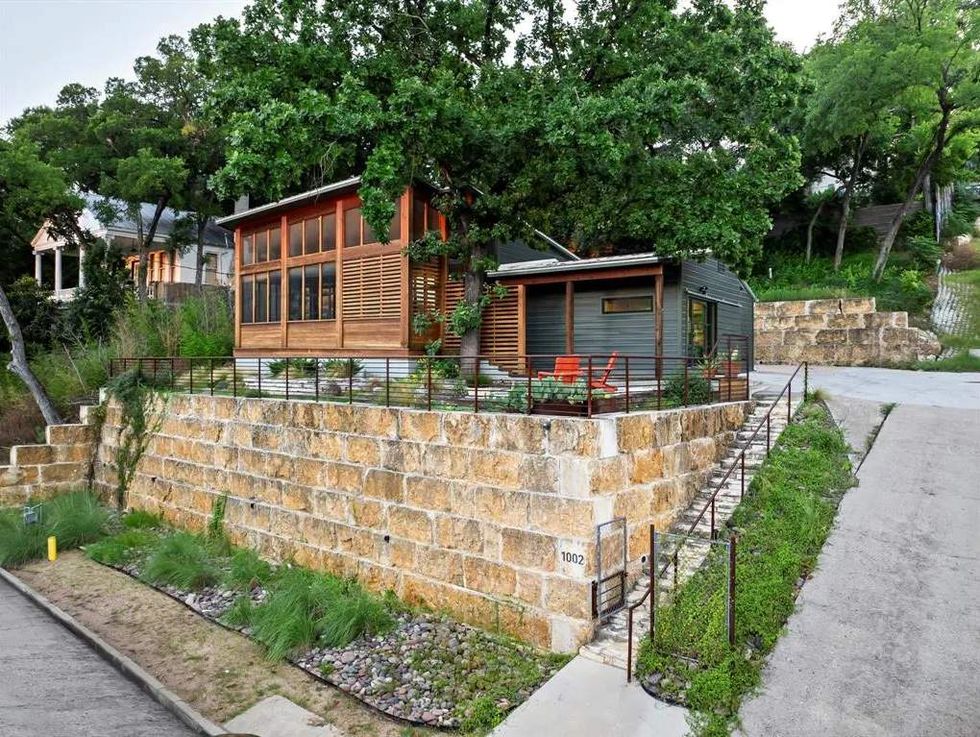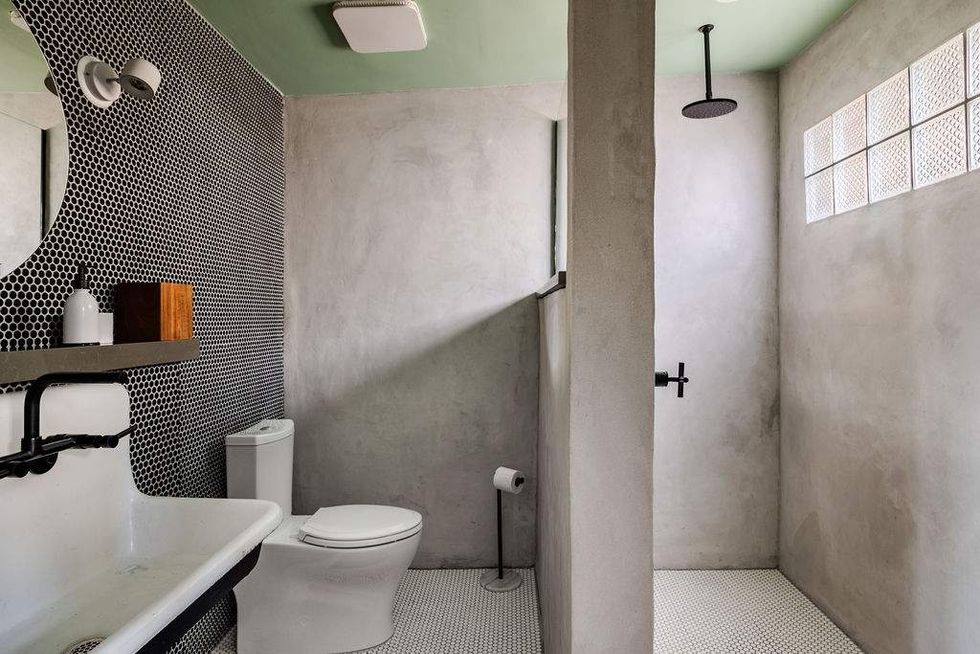Fraud alert
San Antonio renters less likely to get burned in apartment scams, survey says

You’ve heard of road rage. Now, let’s introduce you to renter’s rage, which appears to be all too common in San Antonio. A new survey by apartment search website Apartment List shows renters in San Antonio are more likely to encounter a fraudulent listing than other major cities in Texas.
According to the survey, 28.9 percent of renters encountered a phony listing while searching for a new place. Despite the high number of fake ads, however, San Antonians are rarely duped. Only 2.2 percent of residents say they've lost money in a scam.
Two other Texas metro areas — Houston and Dallas — were included in the survey. In Houston, 4.7 percent of renters said they’d lost money in apartment scams. In San Antonio, that figure was 10.9 percent, much higher than the national average of 6.4 percent.
“The high number of fraud victims in Dallas is likely driven by a large number of new movers to the area,” says Sydney Bennet, senior research associate at Apartment List. “Renters who are unfamiliar with a local market or attempting to rent sight unseen are more likely to get caught in a scam.”
In all, the nationwide survey found 5.2 million renters had lost money in rental scams. Apartment List surveyed 1,126 renters across the U.S., as well as at least 50 renters in each of the 30 largest metro areas.
Of the renters who lost money in rental scams, about one-third had kissed at least $1,000 goodbye, likely after paying rent or a security deposit for a fraudulent apartment, Apartment List says.
“Rental fraud occurs when someone claiming to be a property manager or landlord — in certain cases the actual landlord — tries to rent a property that doesn’t exist, isn’t their rental, or is substantially different than advertised. Scammers try to collect an application fee, security deposit, or rent before the prospective tenant recognizes the scam,” according to Apartment List.
Apartment List says these are among the most prevalent rental scams:
- Bait-and-switch. A different apartment is advertised than the available unit, and the scammer tries to collect a deposit or get a lease signed for the illegitimate apartment.
- Phantom rentals. A scam artist makes up listings for places that don’t exist or aren’t rentals, and then tries to lure renters with low prices.
- Hijacked ads. A fake landlord posts advertisements for a real property with altered contact information. In this type of fraud, homes for sale often are relisted as rentals.
- Missing amenities. A real apartment is listed as offering amenities (such as laundry facilities or heating and air-conditioning) that it lacks in order to collect higher rent. Apartment List compares this to “catfishing” in the world of online dating.
The Better Business Bureau says the apartment industry is one of the top industries in the country for consumer complaints. What follows are some of the bureau’s tips for avoiding rental scams.
Review the lease before signing it.
“It pays to be thorough when you’re reading a lease. Put a mark next to anything that you have questions about. If there’s something you wish to change in your lease agreement, it never hurts to ask,” the bureau advises.
Be careful on Craigslist.
Some Craigslist ads might ask a potential renter to wire money in order to secure the rental. Never wire money or forward funds to someone you don’t know, and never agree to rent an apartment without visiting it.
Watch out for deals that sound too good to be true.
Some scammers will visit rental websites, copy a rental listing, and repost it to Craigslist with a much lower rental rate. Always be suspicious of an ad that seems to promise more than it can deliver.

 1002 Baylor Street is on the market for $1.65 million.Photo courtesy of James H Ruiz Photography
1002 Baylor Street is on the market for $1.65 million.Photo courtesy of James H Ruiz Photography










